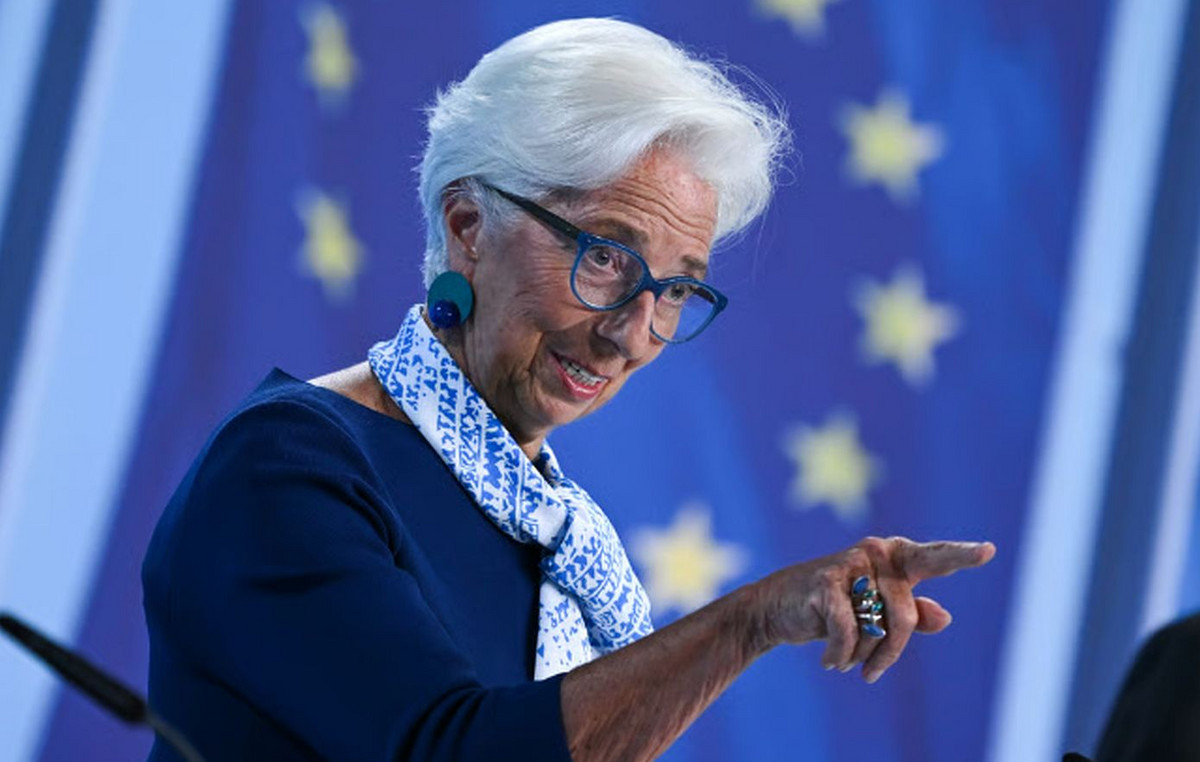Federal revenue for November this year was lower than predicted in the Prisma report, a document produced monthly by the Secretariat for Economic Policy (SPE of the Ministry of Economy. According to the document’s data, the forecast was that the government would collect R$175,503 billion, but the result was R$ 172,038 billion.
The last time the Prisma report forecast had a negative surprise was in July 2020, when it projected BRL 117,325 billion and the collection was BRL 115,990 billion. In other months, the projection was always lower than the official collection of the Federal Revenue.
According to the economics professor at the FIPECAFI — Accounting, Actuarial and Financial Culture, Silvio Paixão, the upward forecast for 2020 is explained by the effect of the pandemic, which was just beginning.
Now for the end of 2022, Paixão explains that one of the causes of this difference in the forecast is due to the tax adjustments in the price of fuel, gas and energy. “The ICMS limitation issue was one of the main reasons that led to a decrease in collection, since the other taxes maintained the rules and had no changes in the laws”, he assesses.
In addition, he draws attention to interest rates and inflation in Brazil. “The weight of these indices, even if small, can also have an influence on forecast errors. With high inflation, especially in the food group, the population rationalizes spending, impacting government revenue ”, he points out.
In the view of Carlos Honorato, professor of economics at the FIA Business Scholl, this deviation is not even that serious, from the point of view of forecasting. He considers that this scenario begins to indicate that market expectations are more positive with the fiscal issue than what is actually happening. “In part, this is due to aid and public spending, which disrupted the expenditure side, also disturbing the revenue”.
In this scenario of projection surprise, the federal collection for the month of November this year had a real increase — already corrected for inflation — of 3.25%, in relation to the same month of last year.
According to information released this Wednesday (21) by the Brazilian Federal Revenue Service, this is the highest result for a month of November since 2013, when the federal government collected R$ 191.4 billion.
Paixão says that this forecast with a negative error is not so worrying, since the difference of less than 2.5% between the collection and the forecast is within acceptable limits. “The level of economic activity in Brazil has been maintained and the Brazilian GDP growth forecast is 3%”.
Honorato concludes that, what can be considered from this error in predicting the expected collection is that there was a drop in Brazilian production and a slowdown in the economy, causing taxes to impact results.
Source: CNN Brasil
A journalist with over 7 years of experience in the news industry, currently working at World Stock Market as an author for the Entertainment section and also contributing to the Economics or finance section on a part-time basis. Has a passion for Entertainment and fashion topics, and has put in a lot of research and effort to provide accurate information to readers.







